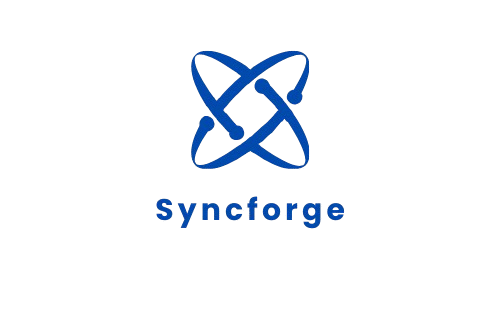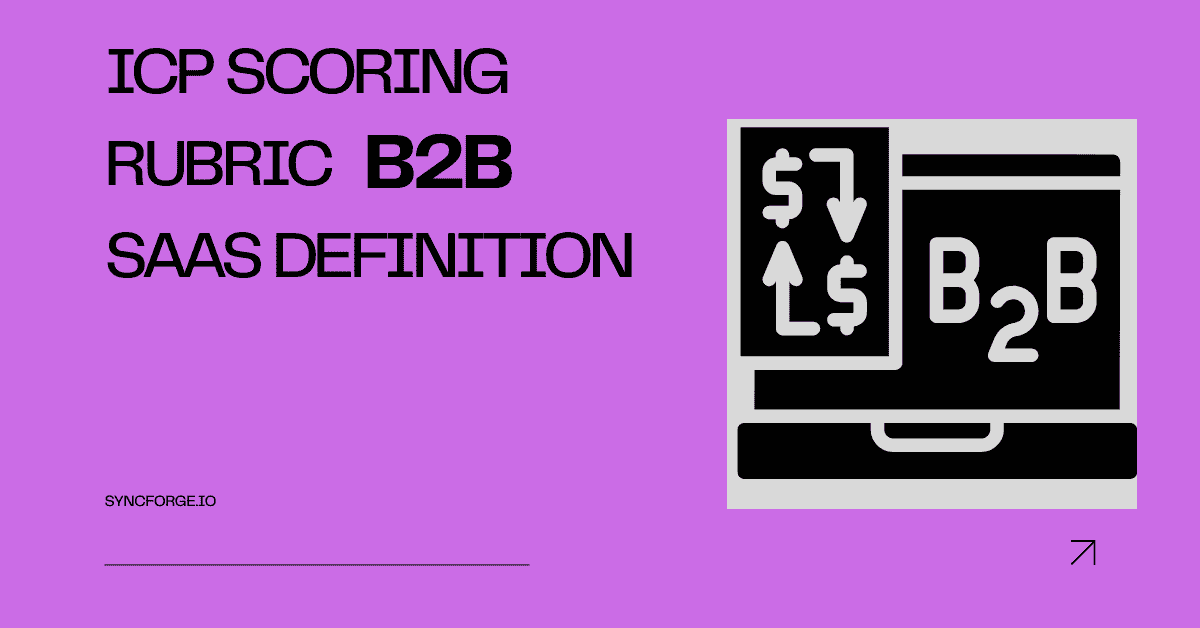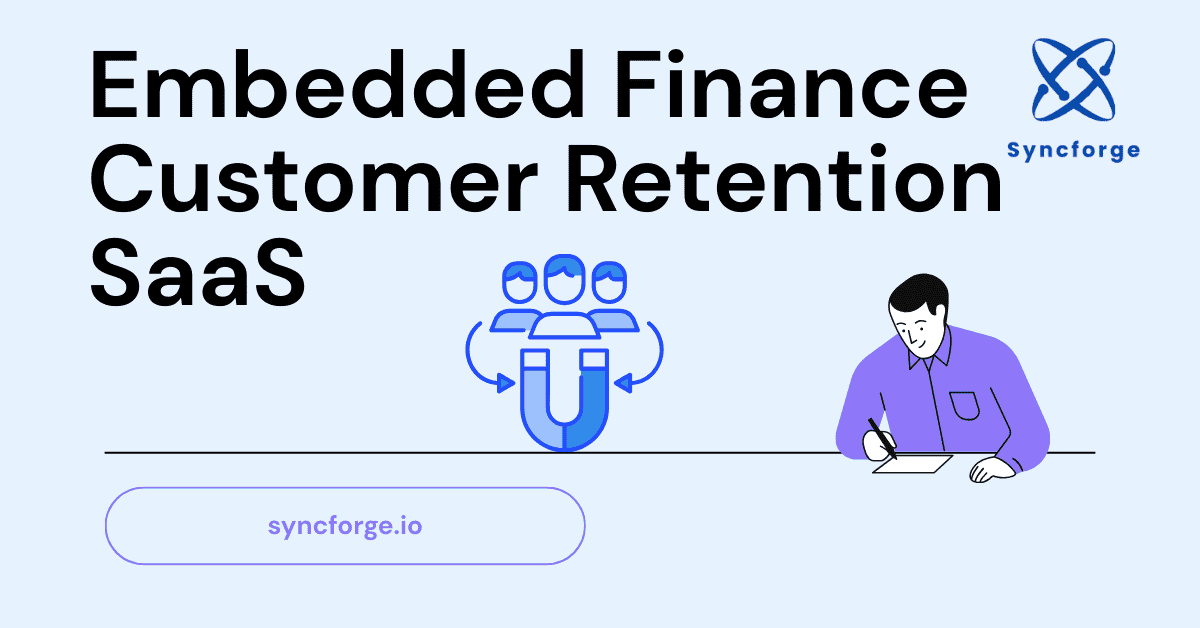B2B SaaS AI Startup Investment Criteria: Investors and Founders to Unlock Growth
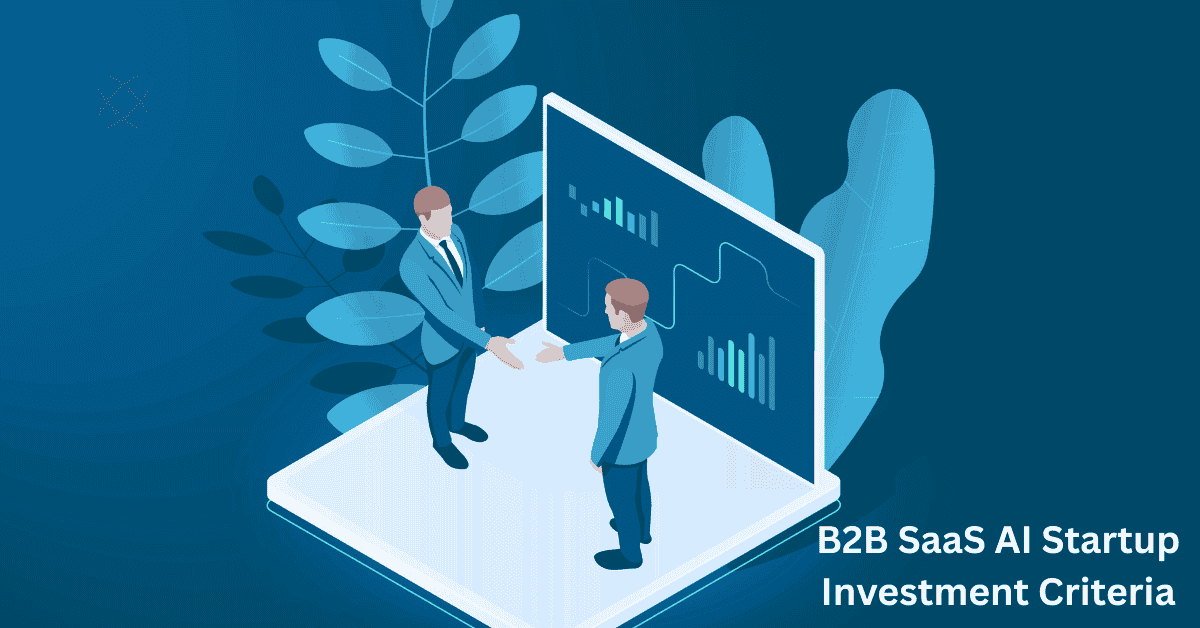
B2B SaaS AI Startup Investment Criteria: A Complete 2025 Guide
Artificial Intelligence is becoming a foundational element in every business sector and is similarly revolutionizing the Software as a Service (SaaS) industry. B2B SaaS AI startups are becoming the talk of the town and catching investors’ attention due to their workflow automation and predictive analytics. To grow your plant in this competitive and complex landscape demands intelligent solutions, such as having deep insights into investment criteria, clarity of valuation metrics, and updated knowledge about funding requirements and growth potential. You cannot just attract funding by pitching a strong idea.
If you are thinking of investing in a SaaS AI startup or you are a B2B SaaS AI founder, this guide will prepare you for your next phase of funding. The guide covers all you need to know. Let’s dive in:
What is a B2B SaaS AI startup, and Investment Criteria:
A B2B SaaS AI startup is a young company that designs and sells AI-backed software as a service (SaaS) products to other businesses, not to individual consumers, over a monthly or annual subscription, as the name suggests, business-to-business.
B2B SaaS AI startup Investment criteria outlines the standards or key factors that an investor must consider while deciding whether or not to trust and fund a b2b startup providing AI-first SaaS products.
Why Investors Are Betting Big on B2B SaaS AI:
Gartner reported that the international revenue of AI-powered software is expected to surpass $135 billion by 2025, and according to recent stats from the Economic Times, the B2B SaaS AI market is estimated to extend to $55 billion by 2027. The convergence of B2B SaaS and AI sectors has ballooned the AI SaaS market globally. Companies are intermixing AI SaaS due to:
- Its machine-controlled sales processes
- It’s improving customer support enhancement with AI chatbots.
- Its power to drive financial forecasting accuracy
- Its quality to monitor cybersecurity threats in real time
- Smooth functioning of complex workflows.
Investors are funding scalable, defensible, and recurring revenue models; they are no longer impressed by SaaS products with the “coolness” of their vague promises. The risk factors like AI regulation, cloud infrastructure, and intense competition are hiccups for investors. Investment criteria take charge by providing a transparent plan for investors and founders to assess opportunities fairly.
Vital B2B SaaS AI Startup Investment Criteria:
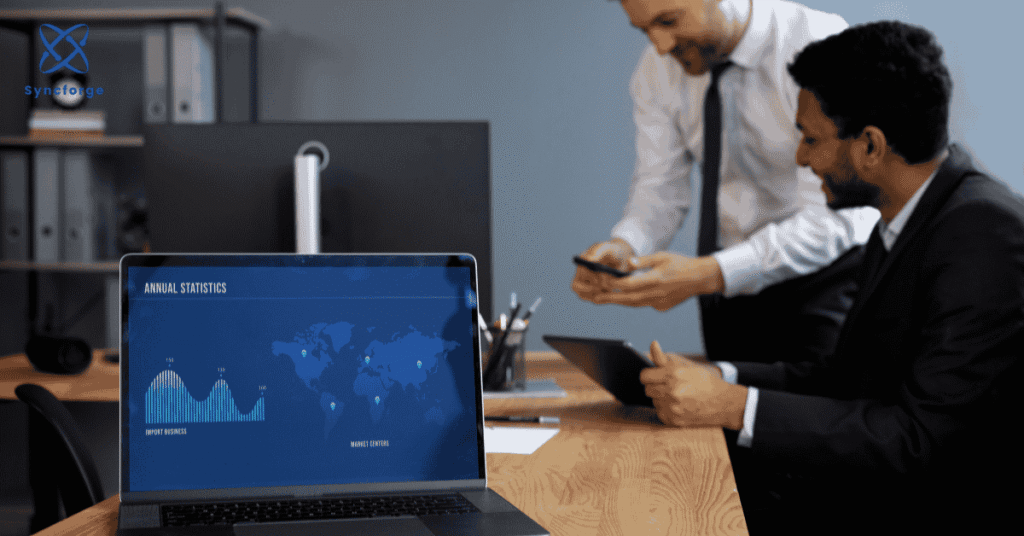
The following are the key factors that investors must analyze before putting their trust and money in a B2B SaaS AI company:
Market Size and Fit:
At first sight, any startup is judged by the market it serves. Investors want to know whether a startup is targeting a large industry, along with its scalability and sustainability.
Total Addressable Market (TAM):
Investors aim for billion-dollar markets because large markets have the capacity to provide more opportunities to scale and continued funding, as AI grew by 40% in cybersecurity, and UiPath is valued at $35 billion at its IPO, flourishing as it serves the large market of robotic process automation.
Product-Market Fit:
The product that is being introduced must solve a pain point. Investors evaluate if the product is doing exactly what it was marketed to do or if the customers are getting a solution to their problems after using the product. High customer retention is an indication that the product is market fit. For instance, Slack became irreplaceable in workplace communication after replacing scattered emails with real-time collaboration.
Niche Positioning:
Instead of competing directly with the established giants of the market, it is safer to target a specific niche or industry. 71 % of SaaS startups target niche industries, as it gives them quicker acceptance. For instance, Veeva Systems built $30 billion company by focusing on life sciences.
Recurring Revenue Metrics:
Investors see if the startup is getting continuous revenue every month. SaaS specific valuation metrics are the standards for investors to validate the product’s potential.
Monthly Recurring Revenue (MRR) and Annual Recurring Revenue (ARR):
The first financial health indicator in B2B SaaS AI investment Criteria is MRR, which predicts the monthly or annual repeatable income a product can generate. Any startup crossing $1M is considered reliable for series A funding.
Churn Rate:
It is the rate at which customers cancel their subscriptions or stop buying new subscriptions. A low churn rate indicates growth of the product.
Customer Lifetime Value (CLV) VS Customer Acquisition Cost (CAC):
The CAC LTV ratio SaaS is the comparison between the profit that a customer can give to your company and how much it would cost you to win that customer. A healthy LTV: CAC (3:1) indicates a healthy benchmark.
Gross Margins:
If the company’s revenue exceeds 70 % after subtracting the cost of producing its product, then its financial health is up to the mark.
Powerful revenue engine illustrates financial and growth potential.
Scalability and Technology:
In the realm of AI SaaS, scalability is not just about users, but it’s more about AI infrastructure. Investors must look for businesses that can become leaders in their respective sectors.
Cloud-native design:
Startups that are built on AWS, Azure, and GCP can expand to global markets without significant initial investment. For instance, Snowflakes
Model Efficiency:
AI models should run efficiently. An optimized model gains investor confidence.
API Integrations:
It becomes quick and easy for businesses to adopt products when various software are connected to enable communication and data exchange. Plaid’s API first strategy enables it to become the foundation of the fintech industry.
Security and Compliance:
Scalability with no security is just like building a skyscraper on sand. Investors would never invest in startups that do not adhere to the standard regulations like GDPR, HIPAA, etc.
AI Differentiation and IP:
In SaaS AI, the technology is viewed as an asset and a moat at the same time. In the SaaS industry, the AI label is often. So the investors have to carefully identify the black sheep with real AI depth. As an investor, you have to ensure that the startup has the following:
- Proprietary AI models to attract premium valuations.
- Unique and defensible data means they must own or have the right to the absolute data
- Product must stand taller than other existing AI SaaS tools in the industry and be compliant, secure, and have a scalable structure.
Startups with real AI IP rank higher among others.
Founding teams and Execution:
Another key element of B2B SaaS AI startup investment criteria is a founding technically expert team, as investors bet on jockeys, not just horses. A talented team can survive storms. Your team must have scaling experience and have the ability to sell your product to enterprises, as it requires patience and credibility.
Funding Requirement & Capital Efficiency:
Capital is oxygen for businesses, but raising too much too soon can hurt the momentum of growth. The founder who can satisfy the clear funding ask of investors with a specific use of proceeds can win their trust.
- Investors do not like surprises; keeping them updated about burn rate visibility is extremely important. In the beginning, the majority of businesses operate at a loss. If the burn rate is high, the business can go through a runway. It is the time period left for a company to carry out its operations before running out of money. After funding, the ideal runway time is 12 to 18 months. Capital efficiency is the skill to scale your business efficiently without burning excessive money.
Exit Strategy:
Investors usually have one eye on the door. Startups should ensure that they can pay back and deliver returns.
- IPO readiness: Investors often look at how capable a company is to go public
- M&A opportunities with tech giants: How well is your AI SaaS product aligning with giants, and what is the probability of them buying your product?
- Sustainable growth trajectory: Long-term stability has an ultimate edge over quick wins
Investor Checklist for SaaS AI Startups:
Here is a quick checklist investors use in making informed decisions:
- Market size greater than 1B
- Recurring Revenue Model
- Low churn rates indicate high retention
- CAC: LTV
- Proprietary AI differentiation
- Expert & Experienced team
- Data Security
- Scalability
- Efficient capital use
- Clearly defined exit opportunities
Founders must consider this checklist to improve their chances of securing funding.
Common Mistakes Founders Make (and How to Avoid Them)
Founders may strengthen their positioning in the market after avoiding these common errors:
- Your credibility weakens by overhyping AI and claiming your product to be AI-driven without any real model
- Chasing vanity metrics and Ignoring Unit Economics can cause you to stumble in the market.
- Having a Weak Go-to-Market Strategy is just like jumping into a marathon without training or practice.
- Underestimating Regulatory Risks can be your biggest mistake, especially in industries like healthcare and fintech.
- Pitching to the wrong investors can suffocate your growth, as not every investor is knowledgeable in the variation of B2B SaaS AI startup investment criteria
Best Practices for Raising Funds in 2025
Fundraising is both an art and a science, as you have to take help from expertise and creativity to combine your vision with evidence. The following are a few suggestions to secure funding for your startup:
- Build traction before raising:
You must be capable of convincing investors that your startup already has momentum.
- Leverage AI responsibility:
The responsible use of AI prevents you from getting into legal trouble. Your product must use AI bias detection tools.
- Using storytelling along with metrics allows you to blend vision with numbers by opening up with a real customer story.
- Target specialized investors: SaaS focused VCs are not everywhere. Finding an investor who knows B2B SaaS AI setup investment criteria is crucial for a smooth workflow.
- Benchmark Valuation: Look where your competitors stand and stay updated with realistic expectations.
Final Thoughts:
This blog has shed light on all the important aspects of B2B SaaS AI Startup Investment Criteria to help investors in making data-backed decisions. Sticking to the clear investment criteria is no longer a choice; it has become the blueprint to survive in the SaaS market. Founders can significantly optimize their chances of securing funding by showcasing strong financial metrics and building scalable AI technology. Startups must have a proper roadmap and clear go-to-market strategy to hit their mark.
The key for investors in separating the wheat from the chaff lies in keeping a vigilant eye on unit economics, team expertise, scalability potential, and defensible AI IP.
Convergence of AI Innovation with the SaaS discipline would be the key to success for businesses.
FAQs:
What are the key aspects of B2B SaaS AI startup investment criteria?
Market size, recurring revenue, scalability, AI differentiation, team strength, and exit potential are a few crucial aspects of B2B SaaS AI startup Investment criteria.
Why are SaaS companies with a recurring revenue model preferred by Investors?
Because it is an indicator for showing stability and predictability, and reducing investment risk
What is the impact of scalability on the funding prospects of AI SaaS startups?
Scalability is an eye-catching element for investors as it offers expansion of the business without additional expenses.
What are the common mistakes founders make while positioning their product?
Overusing AI, market entry plan, and underrating regulatory standards.
Why investors lean more towards expert founding teams?
Because it indicates their ability to stand tall in the competitive SaaS market.
CTA
“Eager to secure funding for your startup? Then don’t just build a product, build investors’ confidence by aligning your brand to the B2B SaaS AI startup investment Criteria 2025.”
This comprehensive guide serves investors by helping them make informed decisions and covering everything new founders need to take care of while positioning their product. Learn more about the site by exploring Syncforge.
